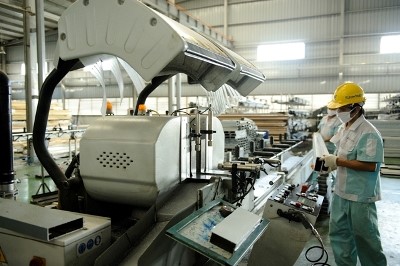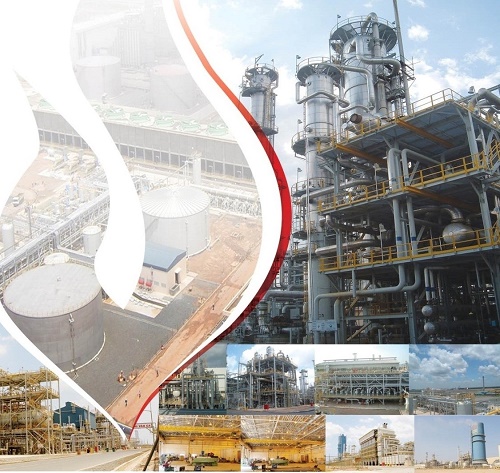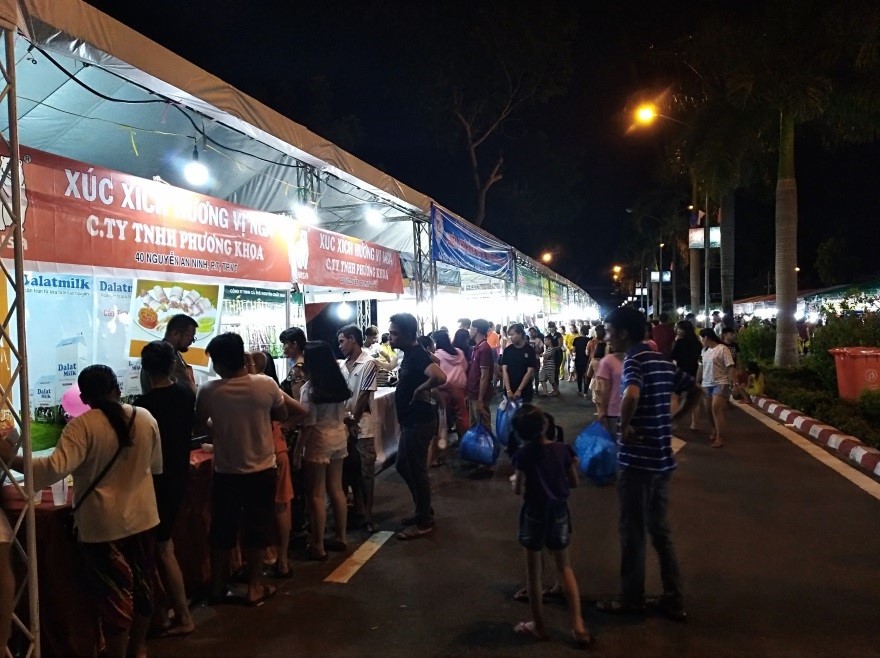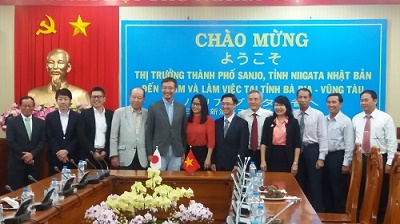Business confidence and outlook among European businesses in Vietnam have continued to increase this quarter, according to EuroCham Business Climate Index survey.
The survey, conducted by the European Chamber of Commerce in Vietnam (EuroCham), shows that the business climate index (BIC) is back to its 2011 levels-having gone from last quarter’s 59 to 66.
This increase further underlines the commitment of European companies to the Vietnamese market, according to EuroCham.
“It is encouraging to see the EuroCham Business Climate Index having continued its upwards flight – to an impressive 66. A further increase by seven points seems to underline the findings of last quarter’s survey. Our members have a strong belief in the Vietnamese market and are very hopeful of a strong implementable free trade agreement,” EuroCham chairwoman Nicola Connolly.
In addition to the EU-Vietnam Free Trade Agreement, the EuroCham said European investors are also expecting on the creation of ASEAN Economic Community in 2015.
In line with the creation of an ASEAN Economic Community, the BCI survey also asked respondents to evaluate Vietnam’s competitive advantages against other ASEAN countries across a number of different criteria. According to the findings, competitive labour cost was perceived as one of the main reasons for EuroCham members to settle their businesses in Vietnam.
Compared to the results of last quarter’s BCI, the amount of respondents assessing their current business situation as positive has remained relatively stable at 44 per cent, compared to 45 per cent last quarter and last year’s 43 per cent.
In addition, the number of respondents remain negative perception has comparably declined from 29 per cent to 21 per cent.
The business outlook has seen a continued qualification with responses having positive assessment rising above the midpoint to an impressive 57 per cent compared to last quarter 49 per cent and last year 44 per cent.
Investment and recruitment plans continue to improve despite declining expected business orders. Positive trend of increasing investment plans has come back with 81 per cent of respondents intend to maintain or increase their investment level, compare to last quarter of 78 per cent.
The positive development in expected investment plans also transfers into the recruitment plans, with the number of respondents expecting to increase their headcounts continuing to increase – from 48 per cent last quarter to 55 per cent this quarter. Equally important is the fact that the number of respondents expecting to reduce their workforce has further diminished – 11 per cent compared to last quarter 15 per cent.
By Ngoc Linh

 Print
Print
 E-mail
E-mail





